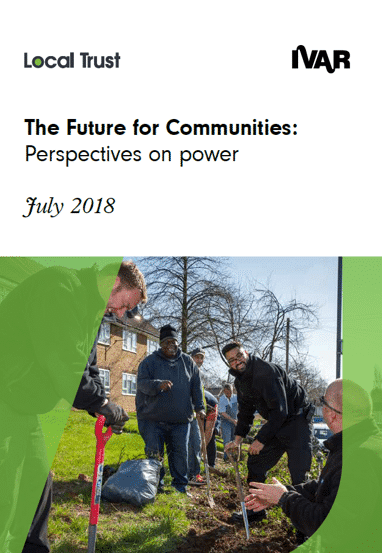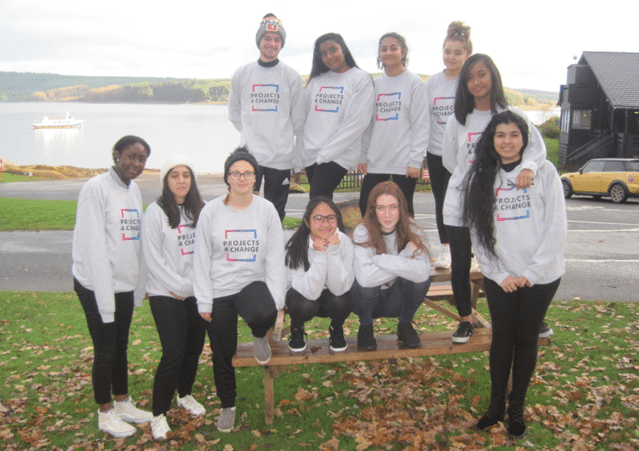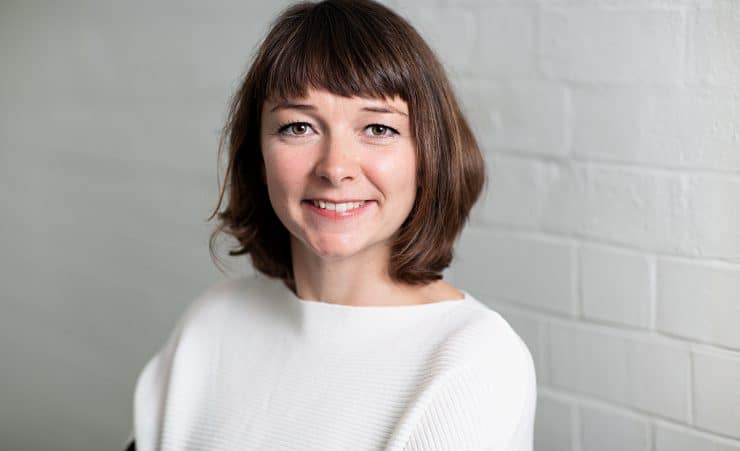Home »

The Future for Communities: Perspectives on power
The research team held three dialogues to scope the issues, to hear from people in the nations and regions of the UK and to talk with people living and working locally in four places. The issues that kept coming up in their conversations were:
- Poverty. Poverty including in-work poverty is affecting people’s capacity to get involved. How will the changing job market of insecure work affect people’s engagement in the future?
- Transience. Changes in the housing market are reshaping more and more communities. Population change can bring new life and dynamism. But it can also bring insecurity. What does community mean for people who may not be able to put down any roots?
- Fragmentation. Divisions and distrust within diverse communities make them less powerful. In a changing world, can place still be a source of strength to everyone who lives there? And how do we maximise the benefits of our society?
- Isolation. Public spaces are shrinking. Where are the spaces where people can meet, talk and learn about each other? Will people increasingly retreat into their own homes and into virtual spaces?
- Democracy. Much has been written about alienation from politics, especially in the poorest places. Can we find new ways of doing politics that will reenergise our democracy?
The report explores each of these issues, and concludes that communities and those who work with them have responded with commitment and energy to the challenges they face. They now need policies and investment that recognise the disadvantages that these communities bear and that confront lazy and discriminatory assumptions about the people who live there. Society – government, business and wider civil society – needs to get behind them.
The research was commissioned by Local Trust, carried out by IVAR, and funded by the Community Development Foundation and the Joseph Rowntree Foundation.


